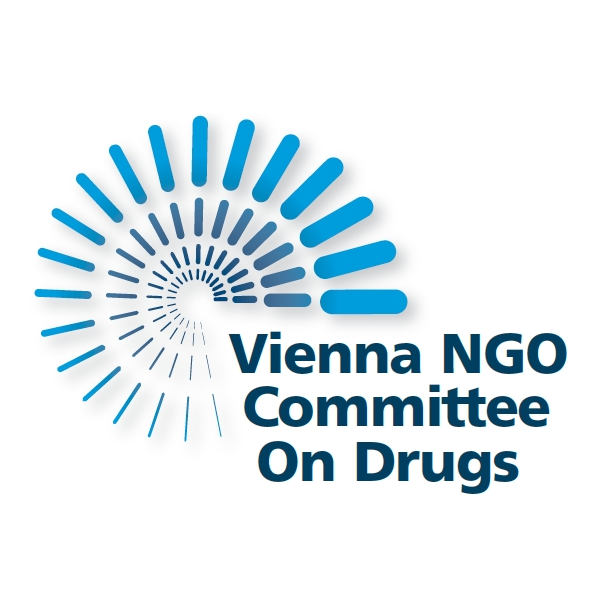The fourth CND intersessional meeting took place on June 24th 2019 in Vienna. The main agenda items encompassed a Q & A with the World Health Organisation regarding the proposed scheduling recommendations by WHO on cannabis and cannabis – related substances and the adoption of the CND work plan for the next few years. Our chair, Jamie Bridge, made an intervention about the 2019 Ministerial Segment follow-up discussions and the multiyear work plan.
The WHO presented their recommendations and answered the pre-submitted questions by Member States as well as questions from the floor. Our colleagues from the CNDBlog have already posted the complete proceedings. After the extensive Q & A Member States agreed that there was need for further clarification, a second intersessional dedicated to the WHO recommendations on cannabis and cannabis-related substances will be held on September 30th 2019. Member States largely felt that they needed further in-depth information before being able to consider a vote on the recommendations.
As part of the effort to implement all international drug policy commitments, following up to the 2019 Ministerial Declaration the commission agreed on a new multiyear work plan to continue the discussions on effective strategies to address and counter the world drug problem.
Following the format used for the thematic discussions held within the CND since 2016, the Commission will hold interactive meetings every autumn in the period up to 2024. The interactive meetings will aim to address the challenges identified in the „stock taking“ part of the 2019 Ministerial Declaration. Each year certain thematic areas will be addressed in meetings of two to three days, the language of the topics has been directly taken from the 2019 Ministerial Declaration. As in previous years the VNGOC will hold open calls to select a panelist and up to 5 speakers for interventions from the floor for these thematic intersessionals. The call for applications for the 2019 thematic intersessional will be launched as soon as the dates are confirmed.
The following issues will be addressed:
AUTUMN 2019
- That both the range of drugs and drug markets are expanding and diversifying;
- That the abuse, illicit cultivation and production and manufacture of narcotic drugs and psychotropic substances, as well as the illicit trafficking in those substances and its precursors, have reached record levels, and that the illicit demand for and domestic diversion of precursor chemicals are on the rise;
- That synthetic opioids an the non-medical use of prescription drugs pose increasing risks to public health and safety, as well as scientific, legal and regulatory challenges, including with regard to the scheduling of substances;
AUTUMN 2020
- That drug treatment and health services continue to fall short of meeting needs and deaths related to drug use have increased; and
- That the rate of transmission of HIV, the hepatitis C virus and other blood-borne diseases associated with drug use, including injecting drug use some countries, remains high;
- That the adverse health consequences and risk associated with new psychoactive substances have reached alarming levels;
- That the availability of internationally controlled substances for medical and scientific purposes, including for the relief of pain and palliative care, remains low to non-existent in many parts of the world;
AUTUMN 2021
- That increasing links between drug trafficking, corruption and other forms of organised rime, including trafficking in persons, trafficking in firearms, cybercrime and money-laundering, and, in some cases, terrorism, including money-laundering in connection with the financing of terrorism, are observed;
- That the value of confiscated proceeds of crime related to money-laundering arising from drug trafficking at the global level remains low;
- That the criminal misuse of information and and communications technologies for illicit drug-related activities is increasing;
AUTUMN 2022
- That responses not in conformity with the three international drug control conventions and not in conformity with applicable international human rights obligations pose a challenge to the implementation of joint commitments based on the principle of common and shared responsibility;
AUTUMN 2023
- Comprehensive stock-taking, in the lead up to 2024 mid-term review, of the progress made in implementing all international drug policy commitments as reaffirmed din the Ministerial Declaration.

